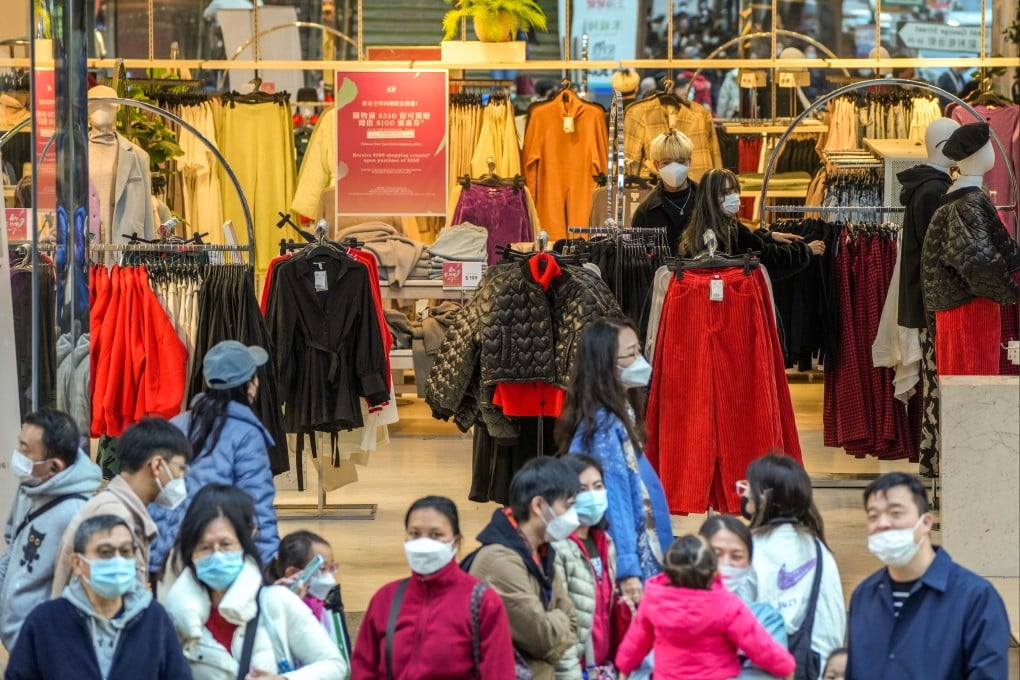Letters | Hong Kong landlords and retailers must look beyond high rent – and innovate
- Readers discuss the urgent need to find a new business model to entice customers, the role of the Hong Kong Heritage Museum, and the government’s response to taxi drivers’ complaint

For years, Hong Kong’s retailers and landlords reaped the benefits of inbound tourism following the start of the individual visit scheme in 2003 allowing mainlanders to visit Hong Kong more easily. The demand for retail space soared, with Causeway Bay’s retail space becoming more expensive than New York’s Fifth Avenue in 2018, costing US$2,671 per sq ft annually.
Landlords were spoiled for choice, selecting retailers based on their ability to pay exorbitant rents rather than focusing on providing a comfortable shopping experience. However, the dynamics of the retail sector have since shifted.
Between 2018 and 2022, China’s e-commerce grew from 18.4 per cent to 27.2 per cent of total retail sales, while Chinese tourists expanded their shopping destinations to other Asian and European cities. These external factors have played out before our eyes, yet landlords and retailers remained fixated on the reopening of the border as the panacea for a post-pandemic recovery.